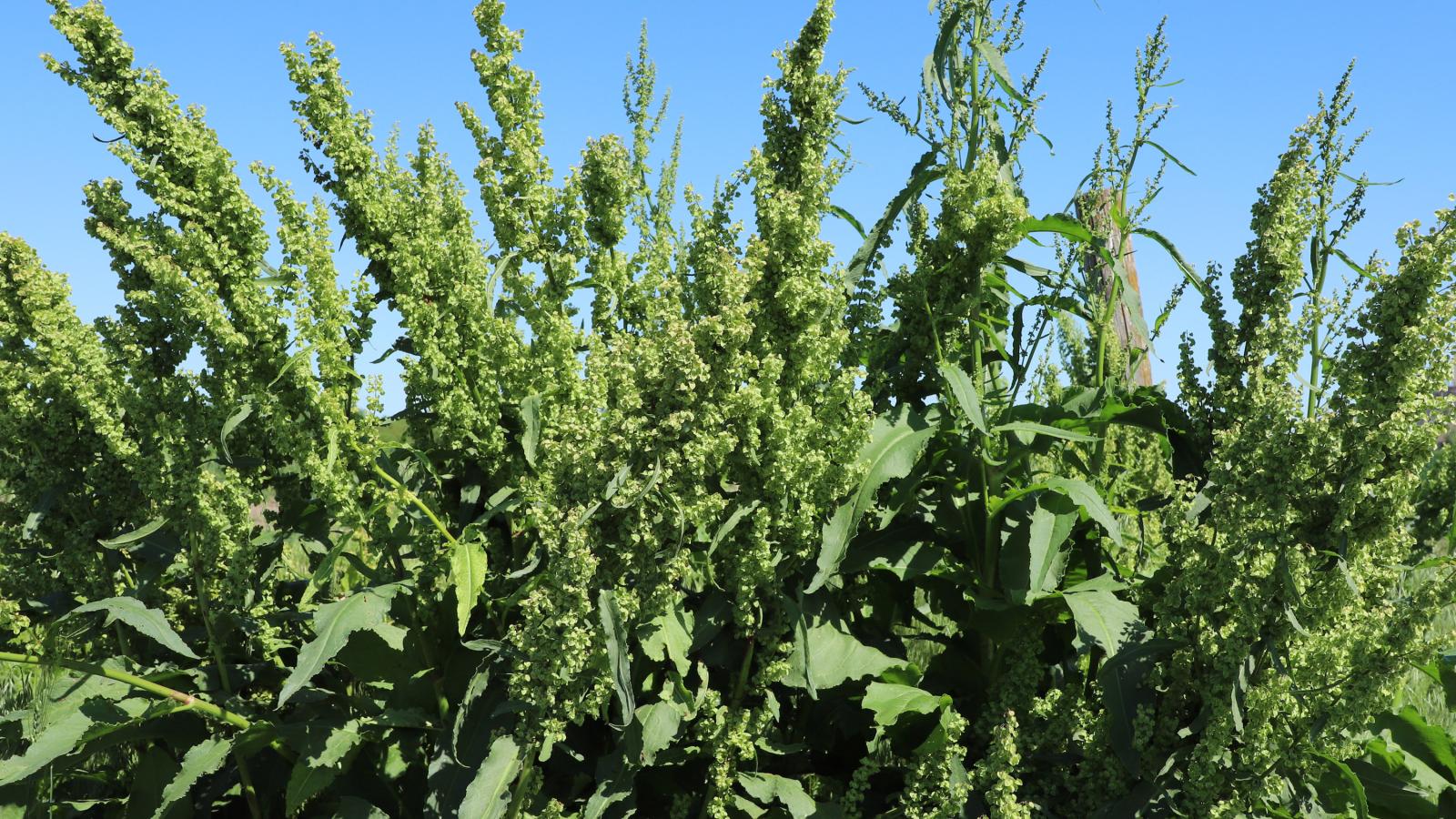The Weed Science Specialization prepares students for designing production practices to improve crop resilience to weeds based on the principles of integrated weed management. Curriculum for the Weed Science Specialization should equip each student with working knowledge of Integrated Weed Management (IWM), as further described by the Student Outcome Learnings for Weed Science Specialization.
Learning Outcomes: Weed Science Specialization
Students completing a degree in Weed Science will have the knowledge, skill set and professional capability to:
- Gain working knowledge of the comprehensive principles of IWM as a basis for weed control in managed and natural ecosystems. A single weed control measure is not feasible due to the number of different weed species and their highly diverse life cycles and survival strategies. In addition, control practices based on only one method give weeds a chance to adapt to those practices.
- Gain understanding of various sub-disciplines, in particular: (a) weed biology and ecology, (b) herbicide technology and (c) chemical and non-chemical weed control methods.
- Develop models of environmentally sound programs for weed management based on building bridges between the above sub-disciplines (see 2).
- Develop students’ appreciation for the complexity and importance of various interactions in managed and natural ecosystems (eg. crop-weed interactions, plant-herbicide-environment interactions).
- Develop students’ understanding and comprehension of sprayers and sprayer calibration and weed identification.
- Build students’ capacity to elucidate the mechanisms of herbicide resistance evolution (eg. gene flow and evolution of site-specific mechanisms of resistance).
Foundational or Core Courses
Core-elective classes are critical for student training in weed science discipline. There are three sub-groups of Core-Elective classes, including: 1. Weed Science; 2. Writing and Speaking skills; and 3. Statistics. Masters and Ph.D. students must select at a minimum number of credits from each of the three groups with input from the major advisor and the program committee.
Weed Science (core electives)
M.S. at least 3 cr, Ph.D. at least 6 cr
- AGRO 822A: Integrated Weed Management (1cr)
- AGRO 826: Invasive Plants (3cr)
- AGRO 896: Interplant Competition in Managed Ecosystems (3cr)
- AGRO 896: Weed Contest Preparation (1-6cr)
Writing, Speaking and Teaching (core electives)
M.S. and Ph.D at least 3 credits
- AGRO 803: Scientific Writing and Communication (3cr)
- CBIO 844: Professional Development (1cr)
- Teaching Assistant (encouraged)
- AGRO 899, 999: Masters, Ph.D. Thesis
- AGRO 991: Seminar Presentation and Evaluation (required)
- AGRO 992: General Seminar (required.)
- Departmental Seminar
Statistics and Data Analysis (core electives )
M.S. and Ph.D. at least 3 credits
- STAT 801: Statistical Methods in Research (4cr)
- STAT 802: Design and Analysis of Research Studies (4cr)
- STAT 974: Nonlinear Regression Analysis (3cr)
- BIOS 967: Introduction to R for Biological Sciences (3cr)
Other Courses (electives):
Elective classes are strongly encouraged for weed science students. Students can further customize their career track by selecting elective classes from other graduate specializations in line with their IDP and with input from major advisor and committee.
M.S. at least 3 cr, Ph.D. at least 6 cr
- AGRO 807: Plant Water Relation (3cr)
- AGRO 812: Crop and Weed Genetics (2cr)
- AGRO 824: Plant Nutrition and Nutrient Management (online optional) (3cr)
- AGRO 835: Agroecology (3cr)
- AGRO 906: Crop Growth and Yield Modeling (3cr)
- PLPT 892: Integrated Plant Health Diagnostics (1-4cr)
Core Elective Course guidelines may be waived with documentation of previously successfully completing equivalent courses, workshops, or short courses and/or demonstration of equivalent proficiencies pertaining to the student’s educational and career goals and will be identified as such in the IDP as deemed appropriate by the Student’s Supervisory Committee.
